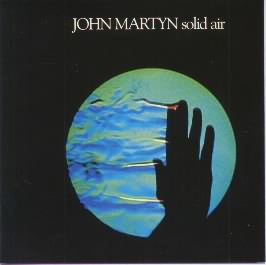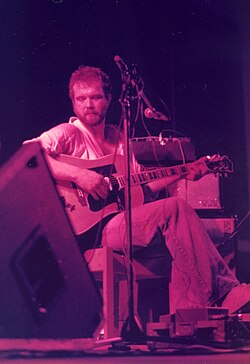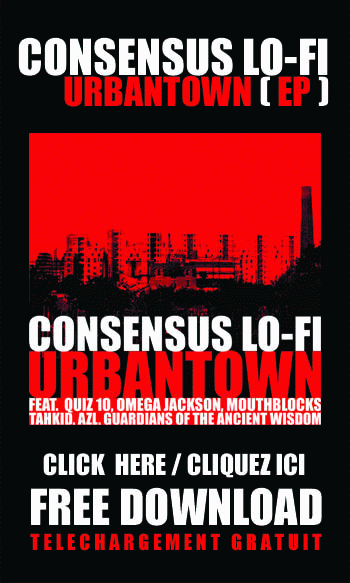

With heavy heart and an unbearable sense of loss we must announce that John died this morning.
In 1973, Martyn released one of the defining British albums of the 1970s, Solid Air, the title song a tribute to the singer-songwriter Nick Drake, a close friend and label-mate, who in 1974 died suddenly from an overdose of antidepressants. On this album, as with the one that preceded it, Bless the Weather, Martyn collaborated with jazz bass player, Danny Thompson, with whom he proceeded to have a fruitful musical partnership which continued until his death. He also developed a new, slurred vocal style, the timbre of which resembled a tenor saxophone.
Following the commercial success of Solid Air, Martyn quickly recorded and released the experimental Inside Out, a more difficult album with emphasis placed on feel and improvisation rather than song structure. In 1974, he followed this with Sunday's Child. In September of the next year he released a live album, Live at Leeds—Martyn had been unable to convince Island to release the record, and resorted to selling individually signed copies by mail from his home. Live at Leeds features Danny Thompson and drummer John Stevens, and is notable not only for the performances given, but the recording quality and incredibly quiet audience for a live recording. After releasing Live at Leeds, Martyn took a sabbatical, including a visit to Jamaica, spending time with famous reggae producer Lee "Scratch" Perry.
In 1977, he released One World, which led some commentators[who?] to describe Martyn as the "Father of Trip-Hop". It included tracks such as "Small Hours" and "Big Muff", a collaboration with Lee "Scratch" Perry. One World is notable for having been recorded outside, the album's lush soundscapes are partly the result of microphones picking up ambient sounds, such as water from a nearby lake











